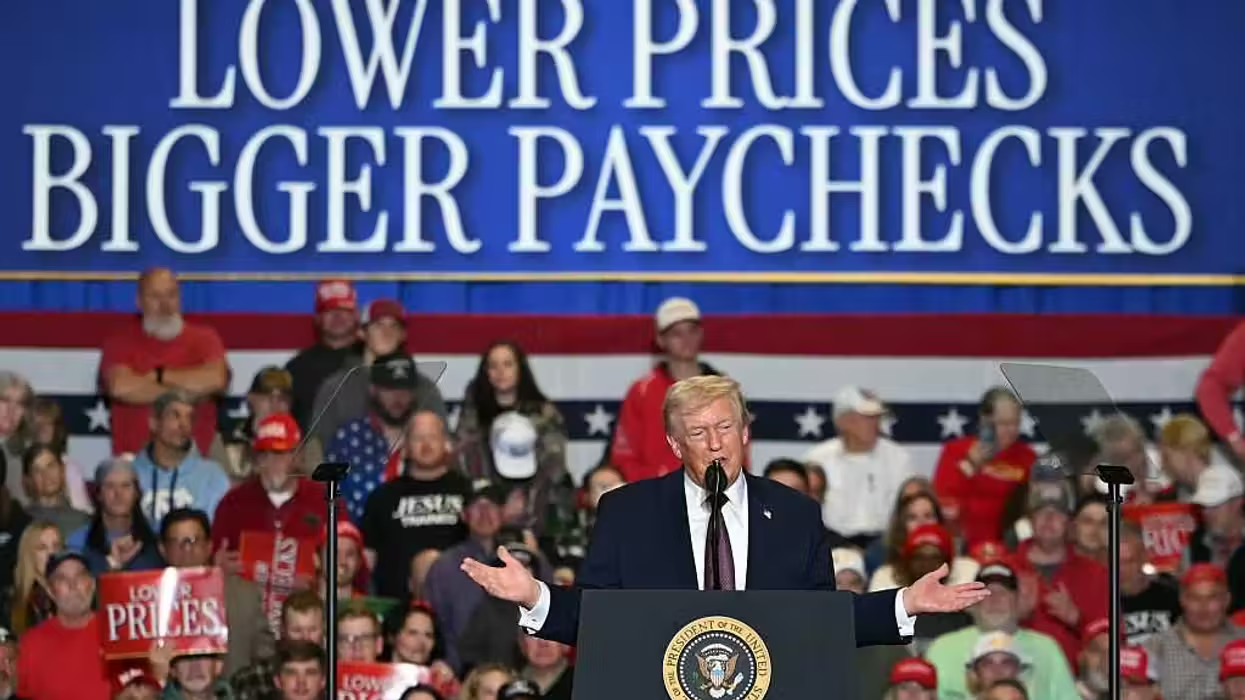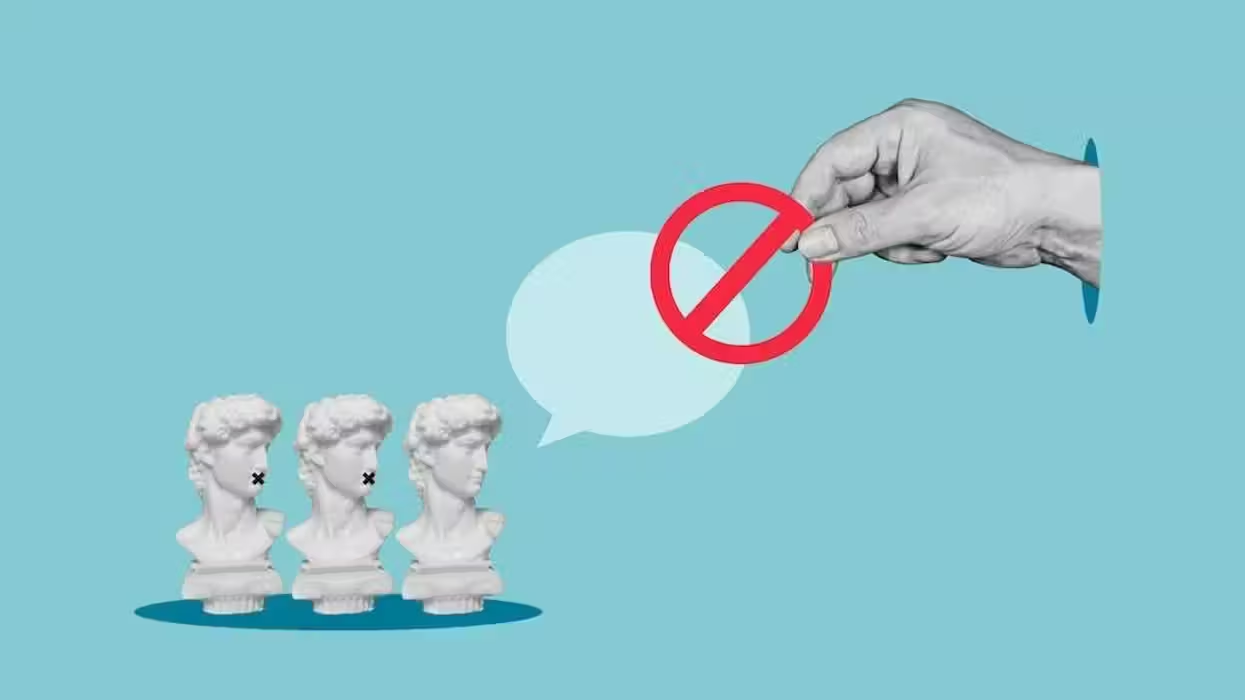With yet another Obamacare enrollment extension for those who are discovering they're being fined for not having insurance as they complete their 2014 taxes, an industry expert is detailing how such an extension — and likely another one next year — could hurt taxpayers in the long run.
 In this Nov. 12, 2014 file photo, the HealthCare.gov website, where people can buy health insurance, on a laptop screen, is seen in Portland, Oregon. (AP/Don Ryan)
In this Nov. 12, 2014 file photo, the HealthCare.gov website, where people can buy health insurance, on a laptop screen, is seen in Portland, Oregon. (AP/Don Ryan)
"The harmful piece is if consumers begin to think, 'Wow, we’re going to have this long open enrollment every year, so I have plenty of time to sign up,'" Laura Adams, a senior analyst for InsuranceQuotes.com, a company she said is unbiased and is "like Switzerland" on the issue. "They’ll tend to procrastinate and delay getting coverage.
"[Then] they may have to go to hospital ... get services they don’t have coverage for and that ends up hurting taxpayers when people can’t foot the bill," Adams said, speculating on what more extensions to open enrollment seasons could do.
What's more, she said this refutes the whole point of Obamacare.
"[It's] trying to prevent us from having to take on the burden of uninsured people’s debt," she said.
Overall, Adams said she thinks the government, despite its extensions, is trying to make the enrollment period short so people will avoid thinking there will be a second chance they could sign up.
"It's the governments way of trying to force our hands in getting coverage now, even if we’re not sick," she continued. "[The government doesn't] want to get into a situation where they make it months and months and months. There’s no incentive."
From the insurance companies' standpoint, the extensions might mess with the complicated forecasting they do to set rates for the next year, but Adams said making the enrollment period longer is actually a boon for them as they get more customers.
Even with the financial ding that some people are going to experience this year as a reminder that they have to sign up for health insurance by law, Adams said she thinks the same extension will happen next year as well.
"I can’t imagine that every single uninsured American will be in the loop on this information in a year," Adams said.
Why not?
"I just know that from dealing with personal finance, so many people are really uneducated about personal finance, insurance and then you layer taxes on top of that. These are not fun topics. People don’t really want to dig into them. ... They’re not being proactive ... [to] find out what [their] obligation is here."
According to a story last month on TheBlaze, an estimated 2 to 4 percent of taxpayers will pay a fine for not having health insurance in 2014. The special enrollment period during this tax season runs from March 15 to April 30. According to the Department of Health and Human Services website, open enrollment in the fall will run from Nov. 1, 2015, to Jan. 1, 2016.

 In this Nov. 12, 2014 file photo, the HealthCare.gov website, where people can buy health insurance, on a laptop screen, is seen in Portland, Oregon. (AP/Don Ryan)
In this Nov. 12, 2014 file photo, the HealthCare.gov website, where people can buy health insurance, on a laptop screen, is seen in Portland, Oregon. (AP/Don Ryan)






